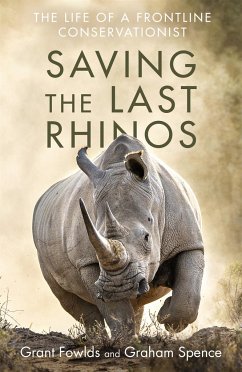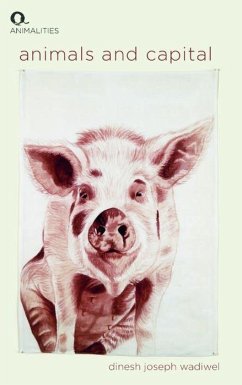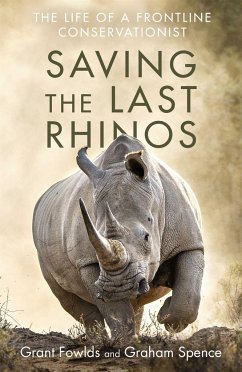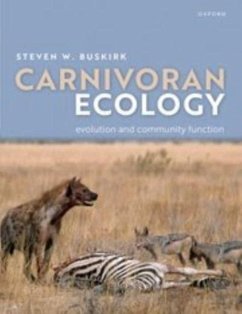Deborah Bird Rose (1946-2018) was a world-renowned anthropologist and leading figure in the emergence and shaping of the interdisciplinary environmental humanities. Over the course of a career spanning almost 40 years, Rose published many widely read, cited, award-winning and often-reprinted books, including Hidden Histories (1991), Dingo Makes Us Human (1992), Nourishing Terrains (1996), Country of the Heart (2002), Reports from a Wild Country (2004) and Wild Dog Dreaming (2011). She also edited numerous significant volumes, including Aboriginal Australians and Christian Missions (1988), Manifesto for Living in the Anthropocene (2015), and Extinction Studies(2017), and co-founded the journal Environmental Humanities. Through this work Rose made major contributions in a range of important fields: from the environmental humanities, and the anthropology of indigenous Australia, to extinction studies, animal and multispecies studies, and philosophies of ethics, justice, religion, temporality and place. Rose was a Fellow of the Australian Social Sciences Academy (ASSA) and was for most of her career based at the Australian National University (1995-2008) and Macquarie University (2008-2013).















